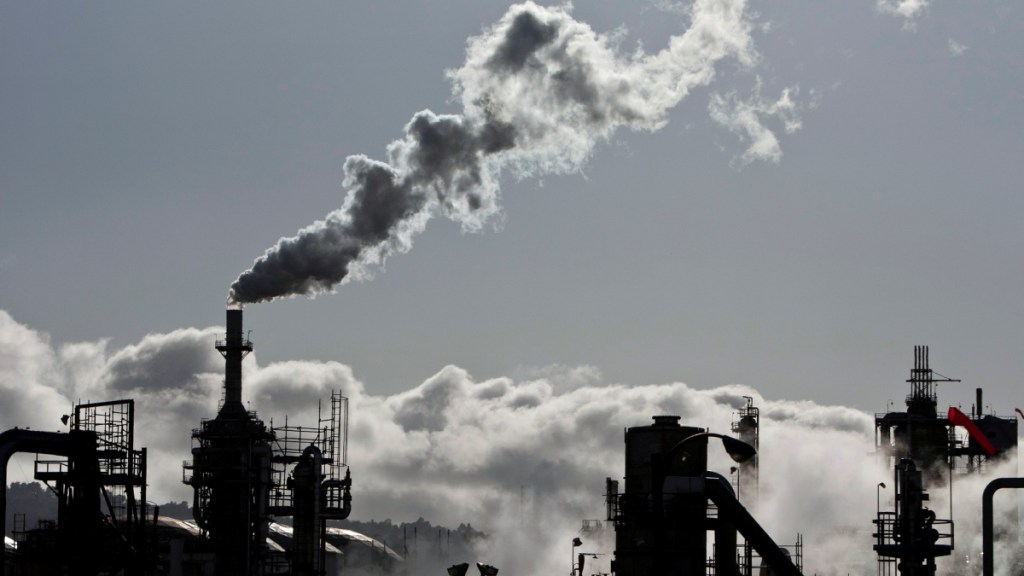A draft of the Global Stocktake document being negotiated at the UN’s 28th annual climate-change talks (CoP28) includes a clause committing all signatories to “an orderly and just phase-out of fossil fuels”. This is significant as all previous CoPs had focused on a phase-out of only coal, thanks to the rich nations refusing to commit to weaning the globe away from other fossil fuels. At the same time, host UAE is a petro-state and CoP28 president Sultan Ahmed al Jaber, the country’s industry and advanced technology minister, is also the CEO of one of its largest oil companies. So, the language of the final stocktake document can very likely bear the imprint of the fossil fuel lobby. What the petro interests would call a “just fossil fuel phase-out” may not be `just’ from a climate-action perspective.
To that end, what shape the final Stocktake document takes will also decide whether the planet can keep to the Paris Agreement pathway (limit warming from pre-industrial levels to “well below 2oC” by 2100, with a vision to limit it to 1.5oC).
It is important to bear in mind that the UN’s assessment of the global community’s efforts since Paris (2015) makes it clear that we are completely off-track on realising the emission reduction goals. With current efforts, the temperature rise will be close to 3oC by 2100, scientists project. And, it is the developed nations that are most in the deficit when it comes to matching intentions with actions.
What will be important, therefore, is how they work towards fixing their shortcomings. Staving off unlivable temperatures needs fossil fuels to go, something that India along with China has been demanding that the West acknowledge and act on. Even as big and rich polluters like the UAE, the US, Canada, and Australia were among the 118 countries that announced a pledge to triple renewable energy capacity by 2030, it was shocking that Al Jaber, whose appointment as president itself was questionable, held that there was “no science” showing phasing out fossil fuels is key to a 1.5oC-warming world—fossil fuels account for 80% of the global greenhouse emissions.
That there is an alignment of such views among petro states is clear from the Saudi energy minister prince Abdulaziz bin Salman telling Bloomberg TV that his country would “absolutely not” agree to any deal on phasing down fossil fuel, let alone a full phase-out. Making mere emissions the enemy without acknowledging the role of fossil fuels, as UAE energy minister Suhail al-Mazrouei sought to do earlier this week, is all too familiar a trope of evading responsibility.
With CoP28 entering its last leg, the celebratory mood after the flashy announcements of the Loss and Damage Fund and renewable-capacity/energy-efficiency targets could turn sombre if the final Global Stocktake text falls short of the talk it has sparked. The draft text gave two other options: a rapid phase-out and no text on phase-out. Given that the UAE presidency will be judged on the plan the Global Stocktake negotiations generate, it is important that it walks away from the ‘no phase-out’ option. Doing that as a petro-state and Opec-plus member would make it more difficult for a Saudi or a Russia to oppose such language. For their part, rich nations, some of which are expanding fossil fuel usage at least in the near future, need to prevail on petro interests to act in the interest of the planet.

